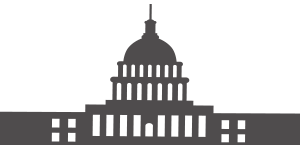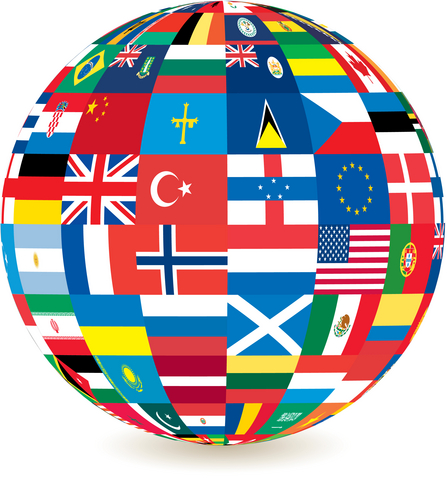Government and Institutions
 A state government (provincial government in Canada) is the government of a country subdivision in a federal form of government, which shares political power with the federal or national government. A state government may have some level of political autonomy, or be subject to the direct control of the federal government. This relationship may be defined by a constitution.
A state government (provincial government in Canada) is the government of a country subdivision in a federal form of government, which shares political power with the federal or national government. A state government may have some level of political autonomy, or be subject to the direct control of the federal government. This relationship may be defined by a constitution.
The reference to "state" denotes country subdivisions which are officially or widely known as "states", and should not be confused with a "sovereign state". Provinces are usually divisions of unitary states. Their governments, which are also provincial governments, are not the subject of this article.
The United States and Australia are the main examples of federal systems in which the term "state" is used for the subnational components of the federation. In addition, the Canadian provinces fulfil a similar role. The term for subnational units in non-English-speaking federal countries may also often be translated as "state", e.g. States of Germany (German Länder).
International Institute Law
 The International Law Institute "ILI" is a leading provider of training and technical assistance in international law, international economics and other aspects of international relations. ILI is an independent, non-political, non-profit educational institute serving a global constituency. More than 30,000 participants, from over 186 countries, have been trained by ILI and its global affiliates. ILI also provides technical expertise to developing nations in the drafting of laws and the designing of their economic and government policies, in efforts to further support and promote good and efficient governance through the rule of law.
The International Law Institute "ILI" is a leading provider of training and technical assistance in international law, international economics and other aspects of international relations. ILI is an independent, non-political, non-profit educational institute serving a global constituency. More than 30,000 participants, from over 186 countries, have been trained by ILI and its global affiliates. ILI also provides technical expertise to developing nations in the drafting of laws and the designing of their economic and government policies, in efforts to further support and promote good and efficient governance through the rule of law.
- - Regulatory & Legislations
- - Banking & Finance
- - Technology & Telecommunications
- - Constructions & Infrastructure
- - Administrations & Public Companies
- - Defenses & Security